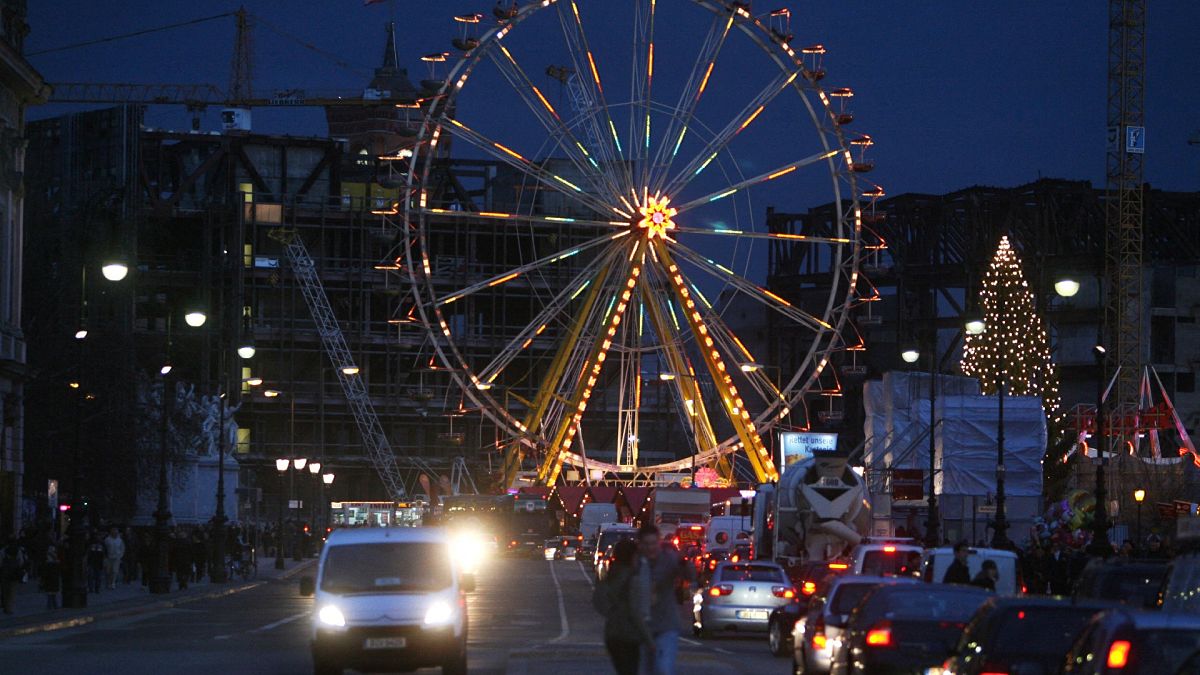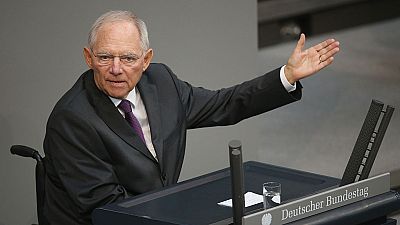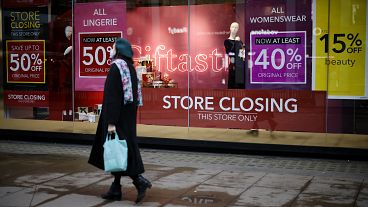German consumers feel more optimistic about the new year, but some worries about ongoing geopolitical events continue to dampen sentiment.
German consumers seem to believe the festive cheer may continue until January, being quite a bit more optimistic as the new year edges closer. However, whether this reflects the start of Germany's economic recovery, remains to be seen.
The German GfK Consumer Climate indicator for January came out on Wednesday, clocking in at -25.1, up from December's -27.6, as well as market expectations of -27.0. This was also the highest reading since August.
The indicator measures consumer opinions regarding the general economic outlook, big upcoming household positions, as well as how consumers view their financial positions.
For January, income expectations rose to -6.9 from -16.7 in December, as well as the willingness to buy increasing to -8.8 from -15.0 in the past month. Business cycle expectations also went up to -0.4, up from -2.3 in December.
According to Rolf Burkl, consumer expert at Nuremberg Institute of Market Decisions, "It remains to be seen whether the current increase represents the beginning of a sustained recovery in consumer sentiment".
This is especially true since the overall figures of the indicator were still quite low, and could potentially point towards Germany still struggling considerably to regain its footing.
This is largely due to geopolitical factors such as the ongoing Russia-Ukraine war, as well as the recently started Israel-Hamas war. Sticky-high inflation has also led to food prices remaining uncomfortably high.
The increase in willingness to buy could very well be due to the Christmas and festive season, especially amongst the younger population, following a year of scrimping and saving. If so, this may start to fade somewhat as we start to get further into January.
This year, however, gifting trends are changing significantly, with the majority of consumers highlighting that they would be spending less on gifts, and even consider second-hand ones, in an attempt to save a few more pennies.
Germany's economy limps on
Germany is also deciding what to do with its 2024 national budget, which has already seen some hiccups, due to an emergency spending freeze. This has mainly impacted climate and transformation projects but also has the potential to revamp other segments of the budget, especially off-budget funds.
Europe’s largest economy is also struggling with slowing growth across the board, especially in the construction and real estate sectors. This dampening of sentiment for the construction sector is expected to last well into the new year, as new orders dry up considerably and old backlogs start to be cleared.
The government has also provided considerable subsidies and support measures for housing using climate-friendly materials and renewable sources of energy. However, it has also imposed stricter laws around the same, meaning that several builders have reconsidered building in certain areas.



